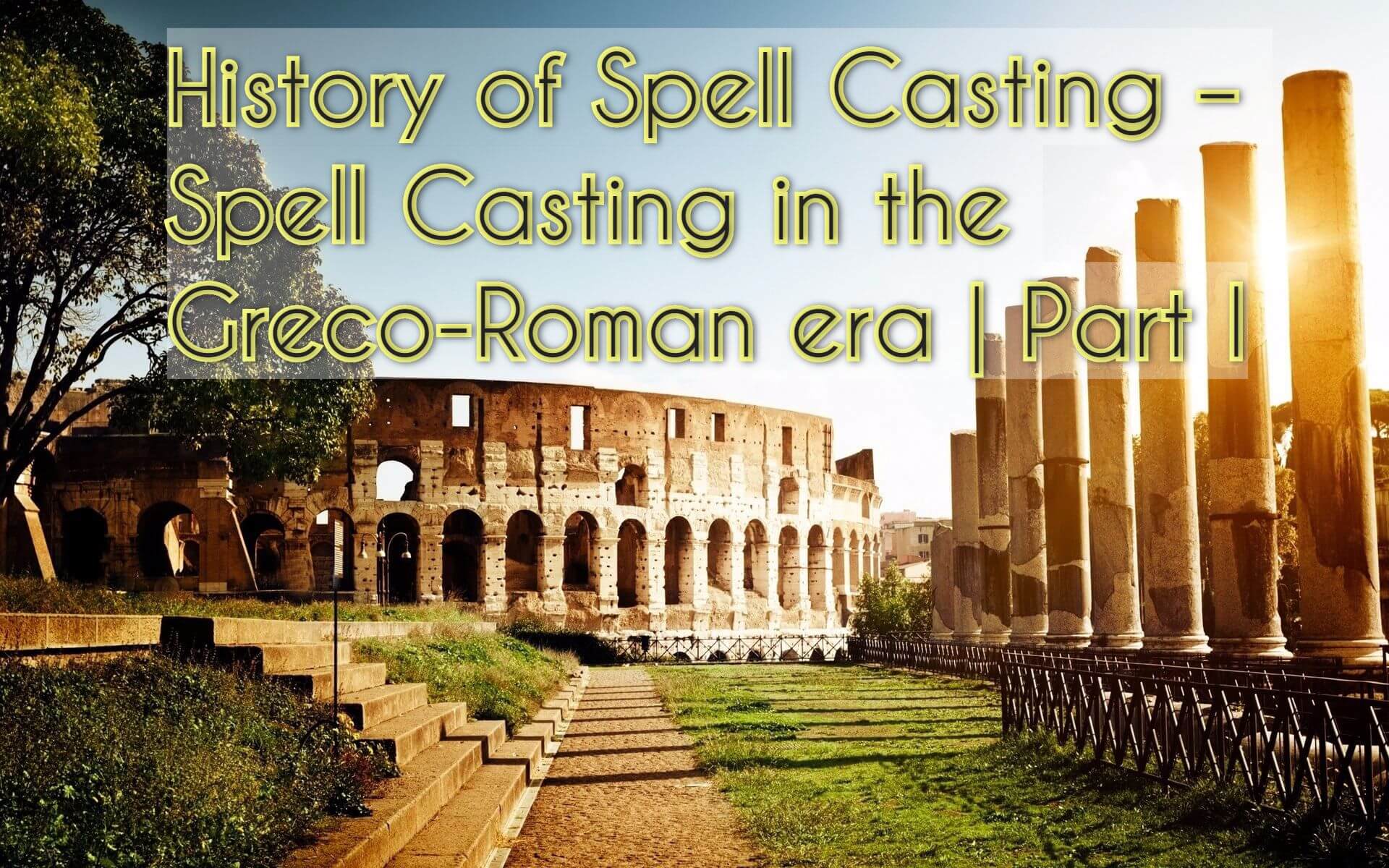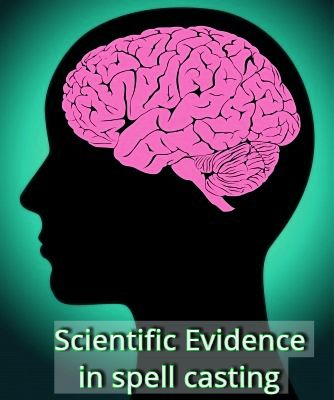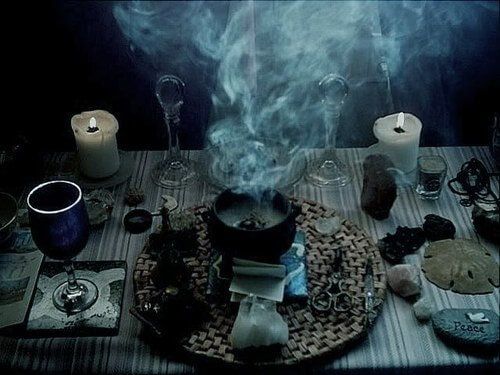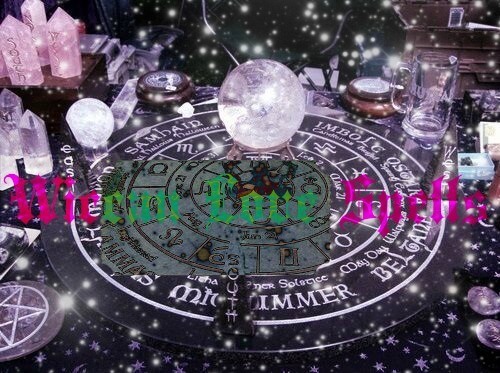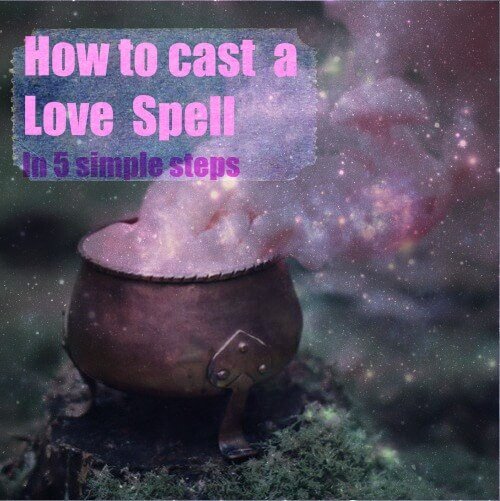History of Spell Casting – Spell Casting in the Greco-Roman era | Part I
History of Spell Casting – In this article I will try to imprint the basic understanding about the concepts of magic in the classical era in particular that which could be called Greco-Roman era. In further articles I shall tackle the same subject in later periods of the same time. Starting with the Greek Homeric literary references, I shall work towards the end of the era later on.
Since there is no definition of magic that can be applied for it does not fall under a scientific term so to speak I will hereby refer to the term Magic based on the definition given by Authors William Swatos and Peter Kivisto in the Encyclopaedia of Religion and Society which reads as follows:
(Magic is) “Any attempt to control the environment or the self by means that are either untested or untestable, such as charms or spells”.
The concept of magic in this particular period of History branches of the classics in the broad sense of the term, in ancient history and religious studies. in the ancient post-Hellenistic world of the History of Greece, it is to be noted that scholars versed in the area view the rituals associated with religion as part of quotidian life, Its meaning changing as the context does, hence No single definition of magic can be considered, it should be also noted that, we are more often than not led by our own views of the area with pre-constructed assumptions into making too strict of a distinction between the occult and faith in the Hellenistic world. The only way to discuss the occult in its Hellenistic context is to start with documents that discuss the subject, or claim to be magical, and analyse the referred contents.
Magic has its origins located the forces of nature. In a sense, occultists of the time were regarded as scientists that were interested in manipulating the powers of nature. At the same time, they explored the human soul, its conscious and unconscious states and expressions.
The first magical action that was recorded in Greek is found in tome 10 of the Odyssey: Where Odysseus meets with Circe. One should note that Circe’s magic is passed upon the usage of a wand and that Odysseus’ only defence against her consists on an herb called moly, which is bestowed upon him by the god Hermes. As such we now have various actions that meet several pre requisites to be considered magic (given the above definition) that are here combined: a mysterious tool that looks like a regular piece of wood but that is obviously empowered with special powers, a rare herb with unclear properties, and a god who reveals to one of his champions a secret that will grant him an advantage. Thus at the very beginning of recorded Greek literature that we have available we can find the three elements that will characterize magic as a system in the Hellenistic age: a magical tool, a magical herb and a god who uncovers an important secret.
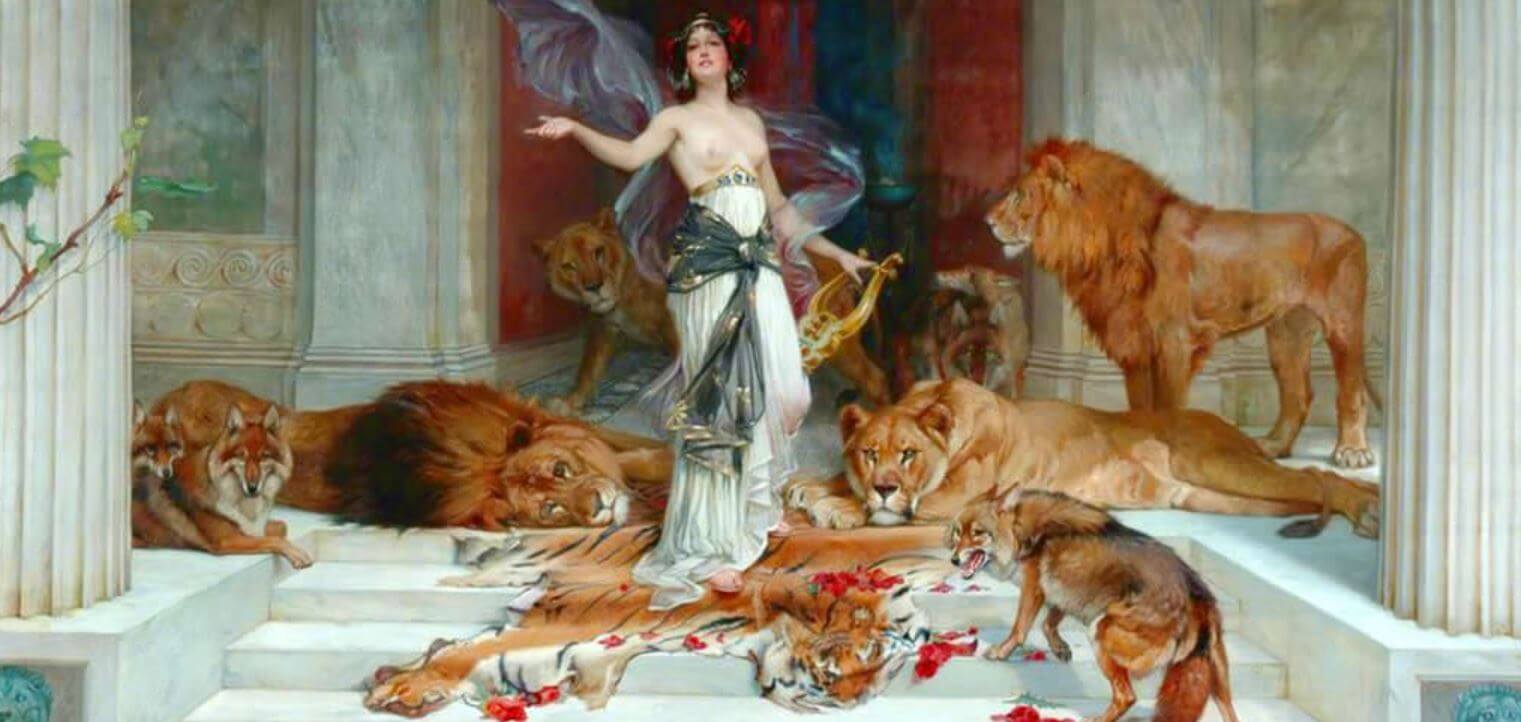 Circe was a beautiful woman whom Odysseus visits on her island and who has the power to change his companions into swine. The reason why she does this is unclear. Could be that she hates men or maybe because she represents a more ancient matriarchal society or could be even because she is a semi-divine entity left over from an older culture, as her magic consists of a relatively harmless power if we analyse it, if one keeps one’s distance it has little to no effect, but it is possibly very dangerous if one comes within her reach. Although Circe changes Odysseus’s companions into swine, she has no power over Odysseus himself, because of the magical herb, however, no one can protect Odysseys from Circe’s physical charms; when Circe realizes that she has no power over Odysseus, she offers him her companionship, and they become lovers, making him say with her none the less.
Circe was a beautiful woman whom Odysseus visits on her island and who has the power to change his companions into swine. The reason why she does this is unclear. Could be that she hates men or maybe because she represents a more ancient matriarchal society or could be even because she is a semi-divine entity left over from an older culture, as her magic consists of a relatively harmless power if we analyse it, if one keeps one’s distance it has little to no effect, but it is possibly very dangerous if one comes within her reach. Although Circe changes Odysseus’s companions into swine, she has no power over Odysseus himself, because of the magical herb, however, no one can protect Odysseys from Circe’s physical charms; when Circe realizes that she has no power over Odysseus, she offers him her companionship, and they become lovers, making him say with her none the less.
Circe is the daughter of the titan Sun. The Titans represent an early version of the gods (later adapted by the romans).
Not only can Circe transform men into beasts but she has clairvoyant powers. Through these actions, Homer ties Circe with the other mystical entities of the time, as evident in the necromantic scene in tome 11 of the Odyssey. Following Circe’s instructions, Odysseys digs a trench, pours out as an offering to the dead which consists of a mixture made of honey, milk, wine and water, the blood of two black sheep in such a way that their blood runs into the ditch with the mixture for the dead to drink. This attracts the hordes of the dead in droves, and by drinking it they regain, the ability to communicate with the living.

